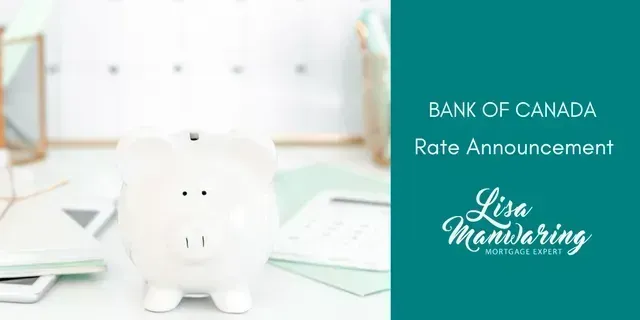Reasons You Might Need an Emergency Fund
You’ve heard the horror stories: basement floods gone wrong, cars that randomly stop running, or a pal suddenly losing their job. Perhaps you’re the type of person who thinks “that will never happen to me!” when hearing one of these stories, but the cold reality is that it very well could happen to you.
But don’t panic! All you need is a little money stashed away that most people dub the “emergency fund”. The word emergency can sound a bit frightening, but what it really comes down to is making sure you have some funds set aside just in case something happens that’s suddenly out of your financial control.
So what exactly warrants having some extra cash on hand? We knock out a few of those horror stories below.
You Or Your Partner Become Unexpectedly Pregnant
Surprise! The gift of life has arrived , the only problem is — you aren’t prepared. In a situation where you don’t want to panic more than you already are, lean on the weight of your emergency stash to ease the reaction of surprise news.
You Become a Victim of Identity Fraud
Never something you want to have to think about, but you can never be too careful. If you’re the unfortunate victim of identity fraud you may find yourself in a situation where all of your cards are tied up. Having some extra cash on the side will help ease the stress of an unfortunate situation.
Your Home Requires An Unplanned Repair
Being a homeowner means being fully aware that things can change in your environment at any time, and that means unplanned repairs. Whether it’s a roof that needs replacing or a flood in the basement, having the extra funds to cover off unexpected expenses is key
You Have To Take An Unplanned Flight
Varying life circumstances may force you to take a flight at a moment's notice. In these times, don’t get stuck charging travel to your credit card. Having the money to book a flight whenever necessary could make the difference between a peaceful and not-so-peaceful duration of your flight.
You Find Yourself Stuck With a Major Health Expense
Canadians are lucky to have the benefits of a country-wide health care plan, but there are some things OHIP simply won’t cover like crutches, casts, splints, physiotherapy, dental care, etc. If you aren’t entitled for additional benefits with your employer, you will certainly want to be prepared for these expenses and more when it comes to medical assistance.
Your Car Needs Repairs or Breaks Down Entirely
It’s very possible you’ve found yourself in this position before, and if you didn’t have funds lined up to deal with the damages, you will most certainly know the cost of being unprepared. Don’t make the same mistake twice.
You Lose Your Job
Perhaps the most common reason to have some money set aside is if you unexpectedly lose your job. It’s suggested that the ideal amount to have ready in this situation is three to six months worth of your salary. If that’s unrealistic for you, think about what is realistic and begin working toward that.
Of course, there are other circumstances we haven’t listed here when an emergency fund is necessary. The moral of the story is, saving a sum of money for situations out of your control is something worth investing in.
This article was written by Shorey Andrews and originally appeared on the Nest Wealth blog on August 30th, 2017.
RECENT POSTS





